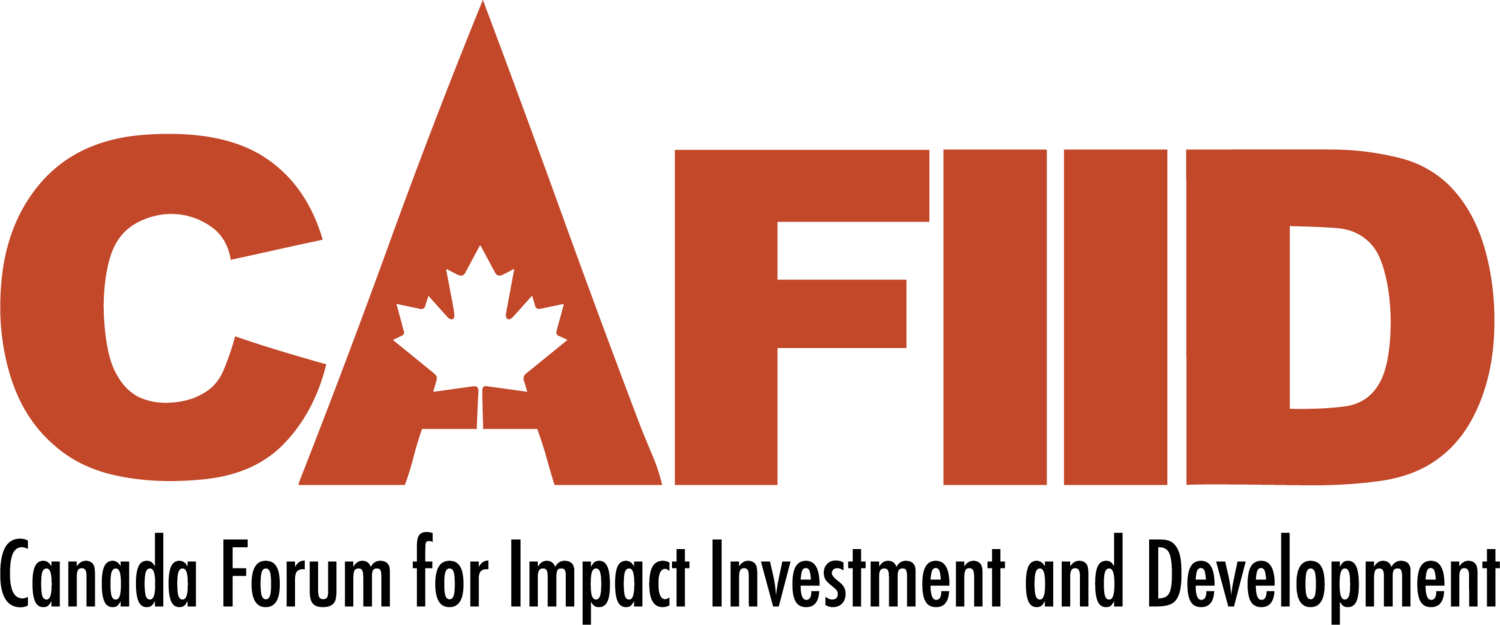Value for Women and Aceli: Partnering to Drive Gender Inclusion in Agriculture
Aceli is a market catalyst designed to increase lending to high-impact agri-SMEs. Launched in 2020, Aceli is currently working in Kenya, Rwanda, Tanzania, Uganda, and Zambia with 39 partner financial institutions, including commercial banks and non-bank financial institutions as well as international impact investors. Aceli aims to mobilize USD 1.6 billion in lending to 20,000 enterprises by 2030, unlocking their growth and impact potential, especially for women entrepreneurs, employees, and farmers. Value for Women is a global pioneer catalyzing women’s participation and leadership in business, finance, and investment in emerging markets. It does this through building individual leadership, equipping businesses, and driving innovation through data & research.
Through a five-year strategic partnership, Aceli and Value for Women aim to drive gender inclusion in agriculture through engagement with Aceli’s network of agricultural lenders. The initiative is designed in a way that meets lenders where they are on their gender inclusion journeys. By 2028, Value for Women will have equipped over 150 leaders in Aceli’s partner financial institutions with the necessary knowledge to advance gender inclusion within their firms, and will have provided at least 25 lenders with tailored and targeted support for taking gender action.
Increasing Lending to Women-Owned Businesses
Aceli offers financial rewards (i.e., portfolio first-loss coverage and origination incentives) to financial institutions with the goal of enhancing access to finance for agri-SMEs. As of mid-2024 Aceli had facilitated 2,306 loans amounting to USD 204 million, with an average loan size of USD 88,000. Incentives are higher for loans that meet impact standards related to gender inclusion, food security and nutrition, and climate resilience. To determine which loans are eligible for Aceli's gender inclusion impact bonus, Aceli has adapted the 2X Challenge Criteria to assess the gender inclusiveness of a business. More details on Aceli’s incentives can be found here.
In 2023, Aceli conducted initial analysis on Aceli-supported loans and noted that only 8% of the loans were going to women-owned businesses. In discussing this data with lenders, Aceli repeatedly heard that they see women entrepreneurs as an underserved and attractive customer segment based on their high levels of repayment. However, most women entrepreneurs lack the collateral to qualify for loans of USD 25,000, which was the minimum threshold for Aceli’s incentives at the time.
To address the gender imbalance and steer more capital to businesses majority owned by women as well as youth, Aceli made adjustments to its incentives in August 2023, including lowering the minimum loan sizes that would be eligible for incentives, and rewarding lenders for loans to SMEs majority owned by women or youth. In parallel with these incentive adjustments, Aceli also expanded its gender-lens capacity building initiative for lenders in partnership with Value for Women.
Results and Challenges
Since implementing changes to its incentives in August 2023, Aceli has seen a significant increase in the number of loans going to women-owned businesses: from 8% prior to the changes, to 22% in the 12 months since (and now 15% overall since 2020). In parallel, over 80 individuals from 25 partner financial institutions have completed Value for Women’s gender-lens banking Fellowship, while five lenders have received tailored and targeted advisory services for taking gender action. In 2024, Value for Women expects to provide gender diagnostic assessments and gender action planning support to an additional five lenders.
Despite these notable achievements, obstacles to access finance for women entrepreneurs persist, such as socio-cultural norms limiting women's access to land and collateral. Lenders require support to understand how to consider gender norms in the design and delivery of financial services. Another hurdle is keeping the momentum of lenders' engagement to ensure that gender-lens strategies are fully integrated into their lending practices. Additionally, inability to sex-disaggregated SME portfolio data in legacy banking systems prevents financial institutions from accurately monitoring and customizing their offerings to cater to the needs of women customers.
Lessons Learned
A review of the most prominent actions being taken by lenders that have received gender-lens advisory support to date point to where support is most needed when it comes to advancing gender inclusion within their institutions:
Formalizing institutional commitment to gender through the development of an organizational gender strategy that establishes goals and targets
Improving or reinforcing processes and systems that help lenders design and launch more tailored and specialized products to underserved customer segments, especially women
Building awareness among staff sitting in key client-facing roles on gender differentiated needs and preferences among their target customer base
Reinforcing internal policies and practices that support greater gender diversity and inclusion at all levels of the institutions’ workforces.
Ultimately the initiative between Aceli and Value for Women is leading to sustained and meaningful organizational change - where lenders are equipped with the necessary tools, data and capacity to better meet the needs of women - as leaders, as employees, and as customers.
For more information, contact Anne Maftei, Senior Engagement Manager, Value for Women: amaftei@v4w.org or
Eddah Nang’ole, Senior Manager, Impact and Learning, Aceli: enangole@aceliafrica.org
September, 2024
This publication is made possible by CAFIID’s Gender Lens Investing Community of Practice




